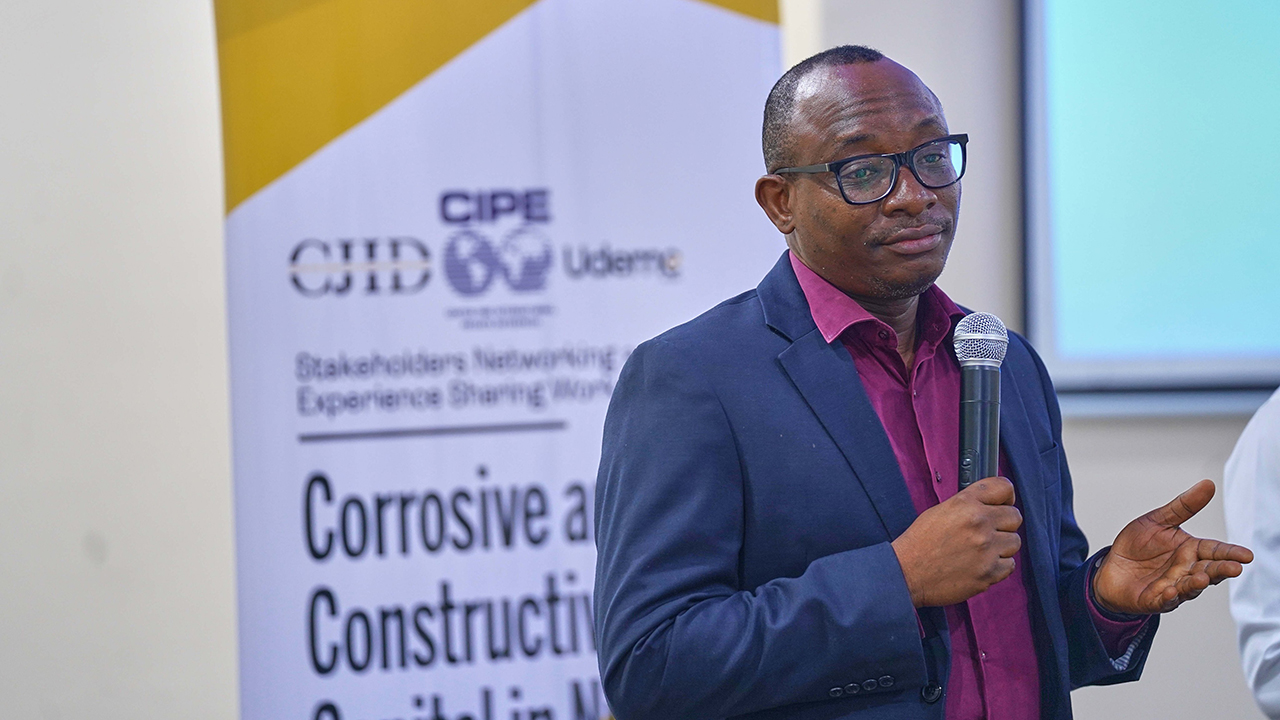
The Bureau for Public Procurement (BPP) is sharing vital information on perceived infractions in public procurement processes with the Economic and Financial Crimes Commission (EFCC), Nigeria Extractive Industries Transparency Initiative and the Code of Conduct Bureau to track corruption in the public service.
The Director General of the Bureau, Dr Adebowale Adedokun, stated this in Abuja, saying the BPP would soon begin the publication of the names of contractors, location of projects, years of award and completion dates, aimed at empowering the Nigerian public to interrogate public projects.
“We are doing this so that Nigerians can ask relevant questions based on verifiable information from credible sources. On sanctions, the BPP has begun sharing critical data with the EFCC, NEITI and CDB to boost the detection of infractions in the procurement processes. There are a series of petitions originating from BPP. I told my colleagues to forward numerous audit reports to our sister organisations for further action,” he stated.
Adedokun said the Bureau had forwarded petitions against public servants who are involved in alleged corrupt practices to the CCB for prosecution.
He added: “I am sharing reports with CCB on the involvement of public servants in procurement processes. It has never happened before. Under my watch, CCB will be receiving such documents constantly. It is the responsibility of the CCB to prosecute. My responsibility is to give them relevant data. They must investigate and prosecute.”
He explained that the BPP would collaborate with NEITI to investigate deals in the oil and gas sector including the extractive industry, saying: “Our partnership with NEITI, who deal with oil and gas-related issues, bothers on utilising their expertise and skills set for projects coming in from oil and gas and power, for them to show us the beneficiary side because they have the skill, they have the world-class database that will give us data about those sectors in the extractive industries.”
The BPP boss also hinted that there are moves to amend the Public Procurement Act to empower the National Council on Procurement (NPC).
Adedokun disclosed that the amended Act would enable the Council to perform its duties without compromise.
“So, we have identified some anomalies that will enable the Council to perform its role effectively without being compromised. So, the Council will come. As the Secretary of the Council, I am working closely with the Presidency and National Assembly,” he said.
The BPP chief noted that driving the costs of the project down in Nigeria can only be achieved through open competition.
“We can only deal with the high cost of projects as perceived if we adopt open competition. There are no two ways about it. As long as we continue to use restricted and emergency bidding processes, we will always have high costs for projects. What that means is that, because you use restrictions, the contractors who are being selected are likely to give any figure they like because there is no competition,” he said.
While the BPP said it would encourage local contractors to bid for projects that require international standards, Adedokun highlighted the need for local firms to build their capacity to compete.
He added: “So, let us not miss it. We must encourage competition, and quality of service delivery to our nation. However, by categorization and classification system, what we are going to be using from January 2025, is that contractors of equal competencies will bid among themselves.
Now, the local contractors, you cannot expect a one-year-old child to suddenly be driving a vehicle. What skill does he have? So, under our watch, what we are going to do is to grow the local contractors by allowing them to take part at different levels of threshold of procurement.
I hereby call on local contractors to up their game. Standardisation, good ethical practices, and building the capacity of their employees matter. So, we look forward to working with them.”






